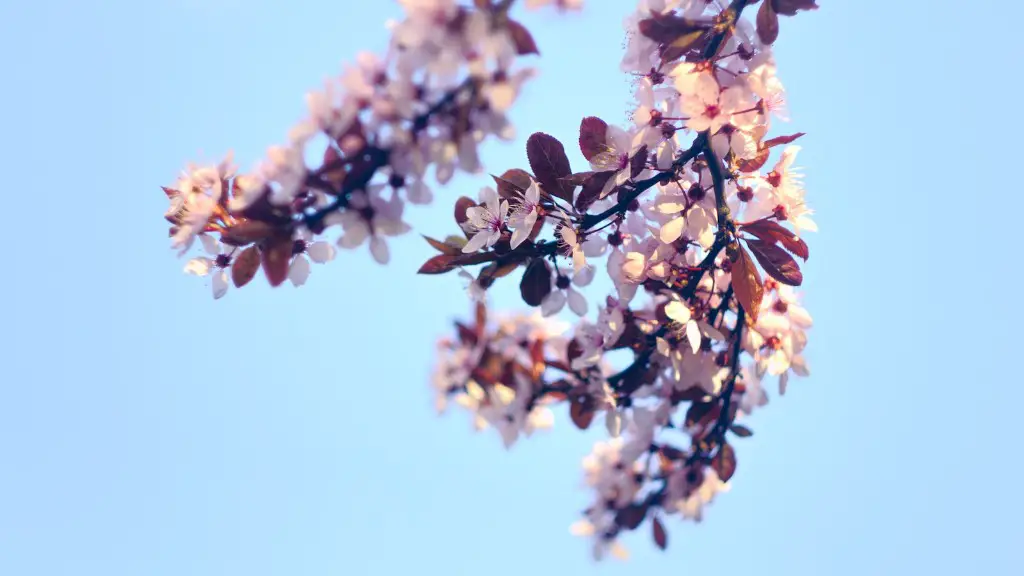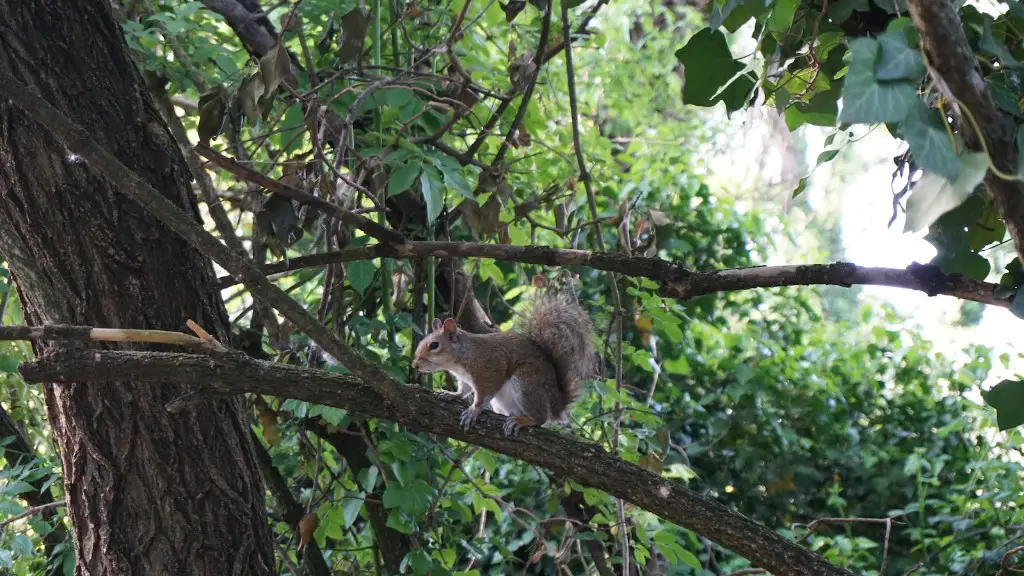Avocado trees are a popular fruit tree that can be grown in almost any climate. While they are often a reliable producer, sometimes the avocados will start to drop off the tree before ripening. Many backyard gardeners are puzzled by this mystery. If you’ve noticed this happening in your garden, here’s what to know.
The first step to troubleshooting this issue is to understand why avocados drop off the tree. The most common reason is that the fruit is overripe, meaning they’ve been on the tree longer than they should have. Once an avocado reaches the end of its ripening period, it will begin to fall, even if it hasn’t changed color yet. Another common cause is if the tree is overstressed due to lack of fertilizer, water, or other essential elements.
If you’re unsure why your avocados are dropping, it’s important to do some research. Contact a local expert patio nursery or fruit tree specialist to ask for advice or take a look at your tree. They’ll be able to help you diagnose the problem and advise you on the best way to solve it. It may be necessary to make some improvements to the soil, add more water or fertilizer, or adjust the feeding schedule. If the fruit was overripe, you can also take steps to pick the remaining avocados at their peak ripeness.
Another thing to consider is the age of your tree. Trees grow in cycles, and if your tree is too young or too old, it could be having problems with fruit production. For example, a young tree may not have developed enough branches and leaves to provide the necessary shade and humidity for ripening avocados. An older tree might be overcrowded with fruit and need thinning. A specialist can help you make the right decision for your tree.
Finally, make sure you’re pruning your tree regularly. Pruning helps to maintain the shape and size of the tree while also encouraging fruiting. Aim to prune your tree every one to two years and keep a close eye on the health of the fruits. If left unpruned, some branches may become overgrown, making it harder for sunlight and airflow to reach the fruits.
Pollination
In addition to the factors mentioned above, if your tree is not pollinated, it can also cause avocados to drop off. Avocados are unique because they’re self-fertile, meaning they can be pollinated on their own. However, they do produce better fruits when they’re cross-pollinated by another tree. If you don’t have a second tree nearby, there are some natural ways to help encourage pollination. For example, you can place a fan near the tree or hang a bird feeder nearby. Doing these things can help increase insect and bird traffic, which can help with pollination.
Pests and Diseases
Pests and diseases can also cause avocados to fall from the tree prematurely. Common pests include bowl mites, aphids, earwigs, and scale. You can use a variety of organic pest control methods to keep these critters away from your tree. Diseases may also affect your tree, including root rot, stem canker, and fruit blotch. Diseases can be difficult to diagnose and treat without the help of a specialist. If left untreated, disease can cause your tree to become weaker and fruit production may be impaired.
Harvest and Storage
Knowing when and how to harvest and store your avocados is essential if you want to avoid them dropping off the tree. Proper harvesting techniques can help your tree produce more fruits. Pick the avocados gently and don’t pull them off the stem. Store them in paper bags at room temperature for one to two weeks, or in the refrigerator for longer periods.
Remove Fallen Fruits
If your avocados are dropping prematurely, it’s important to remember to remove any fallen fruits from the ground beneath the tree. Fallen fruits can attract pests, diseases, and mold, so it’s important to remove them as soon as possible. If you need to, use a rake or broom to gather the fruits off of the ground and dispose of them away from the tree.
Overall Care
Avocado trees require a lot of care, but with proper maintenance and timely harvesting, they can produce a healthy bounty of fruits. Make sure to keep an eye on the tree’s health and begin regular maintenance as soon as any problems arise. It’s also important to be patient when it comes to fruit production. Avocados typically take about six to eight months to ripen, so the fruits may not be ready to harvest until the next growing season.
Nutritional Benefits
Not only are avocados delicious, they are also highly nutritious. Avocados are rich in vitamins, minerals and heart-healthy monounsaturated fatty acids. Eating a balanced diet with plenty of fresh fruits and vegetables is important for overall health. Eating a few avocados a week can help provide essential vitamins and minerals, such as vitamins K, E and B6, magnesium, potassium and folate. In addition, avocados may help lower blood pressure and cholesterol levels.
Tips for Growing Avocados
If you want to get the most out of your avocado tree, it’s important to give it all the care it needs. Here are some tips for growing avocados in your garden:
- Choose a spot in your garden that gets plenty of light, has well-draining soil and is wind-sheltered.
- Fertilize your tree once a year in the spring, using a balanced fertilizer.
- Water your tree deeply and consistently once a week (or more if necessary).
- Prune your tree at least every one to two years.
- Keep an eye out for pests, diseases and other problems.
- Harvest your avocados when they are ripe (they will have softened slightly and the color will have deepened).
By taking the time to learn more about your tree and provide it with proper care, you can help ensure it produces delicious avocados each season. If your avocados start to drop prematurely, there are steps you can take to figure out the problem and get your tree back in shape.


